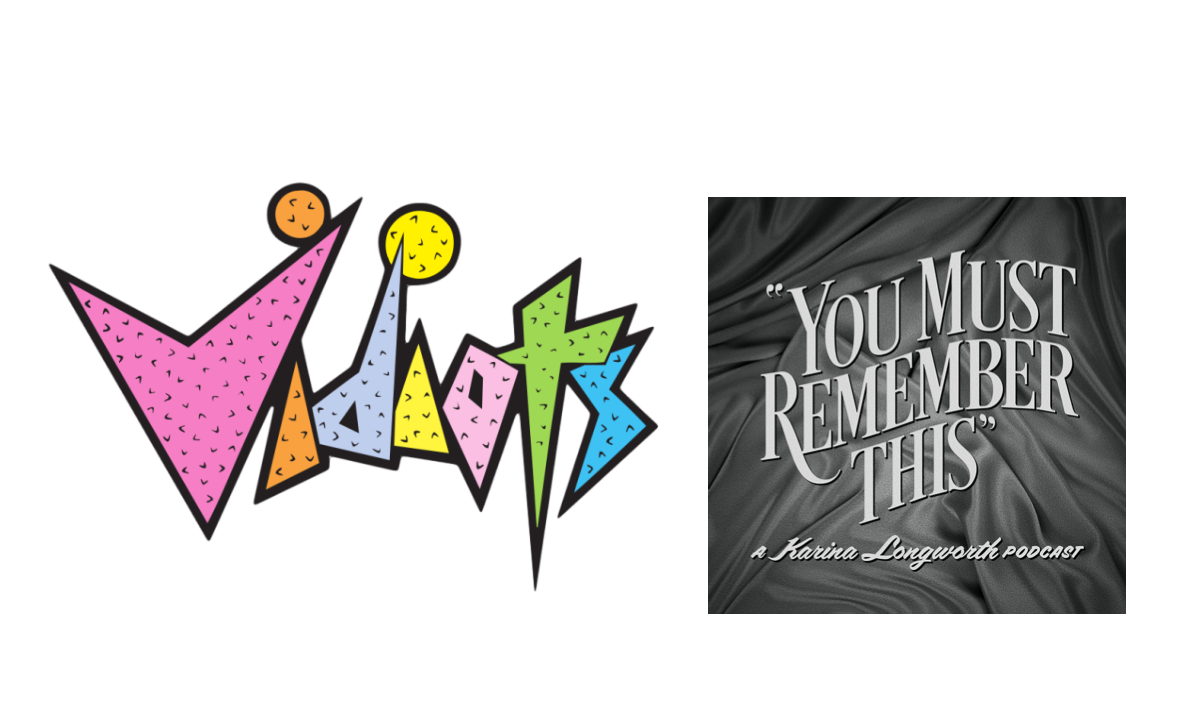Due to the very necessary national conversation about race and police brutality that has been happening over the past 10 days, this week we postponed our schedule second installment of our Virtual Screening Series, in partnership with Vidiots Foundation. The conversation that had previously been scheduled for June 2, about Targets and episode 2 of Polly Platt, The Invisible Woman, is now rescheduled for this coming Tuesday, June 9.
Here’s the new Virtual Screening Series schedule…. Join us, won’t you?
June 9: Targets
Polly Platt got her first story and production design credits on her then-husband Peter Bogdanovich’s feature directorial debut, a bone-dry, bare-bones thriller about the real horror -- ie: mass shootings. Platt found the locations and designed the total look of the film around an aesthetic that, as she put it, "I thought would make a murderer out of me."
June 16: The Last Picture Show
While he and Polly were making this now-classic, Oscar-winning film, Peter Bogdanovich began an open affair with actress Cybill Shepherd. Humiliated though she was, Polly felt so much ownership over this movie that she refused to leave the production.
June 23: What's Up Doc
Though their marriage was over, Polly Platt agreed to production design her now ex-husband’s next two movies, What’s Up Doc (1972) and Paper Moon (1973). What’s Up Doc would be an anomaly in Polly’s filmography as a production designer: a trailblazer in American realism, here Platt went all in on designing a live-action cartoon.
June 30: A Star is Born (1976)
In production designing the Barbra Streisand-starring remake of one of Hollywood’s oldest myths, Polly got an up-close-and-personal glimpse into what it really looked like to be a powerful woman in Hollywood. She also got a chance to subtly work some of her own story into the design of the film.
July 7: Pretty Baby
Platt began a major career transition with this controversial film, which she wrote and produced. Though set in a brothel in early 20th century New Orleans, Pretty Baby is infused with much of Polly’s own autobiography, and shows how deeply she was grappling with her feelings of abandonment—and worries that she was abandoning her own children.
July 14: Terms of Endearment
A decade after her creative partnership with Bogdanovich ended, Platt began a new collaboration with an incredibly talented writer/director: James L. Brooks. This was the perfect job for Polly; many of those close to her believed that the novel that the movie was based on had been at least partially inspired by her.
July 21: The Witches of Eastwick
Polly Platt’s last film as a production designer — a job she took after she had established herself as a writer/producer and announced her intention to direct –– also features the most production design of her career, as she matched her instinct for visual storytelling to the format of the 80s special effects blockbuster.
July 28: Say Anything...
During one of the last phases of her career, Polly became a mentor to a number of first-time directors, including Cameron Crowe, whose now-classic rom-com features Polly on-screen in a memorable cameo.
August 4: Bottle Rocket
Polly shepherded Wes Anderson’s first feature through a long development process, believing strongly that he and the Wilson brothers were telling an independent, American story that would fall in the lineage of The Last Picture Show.


